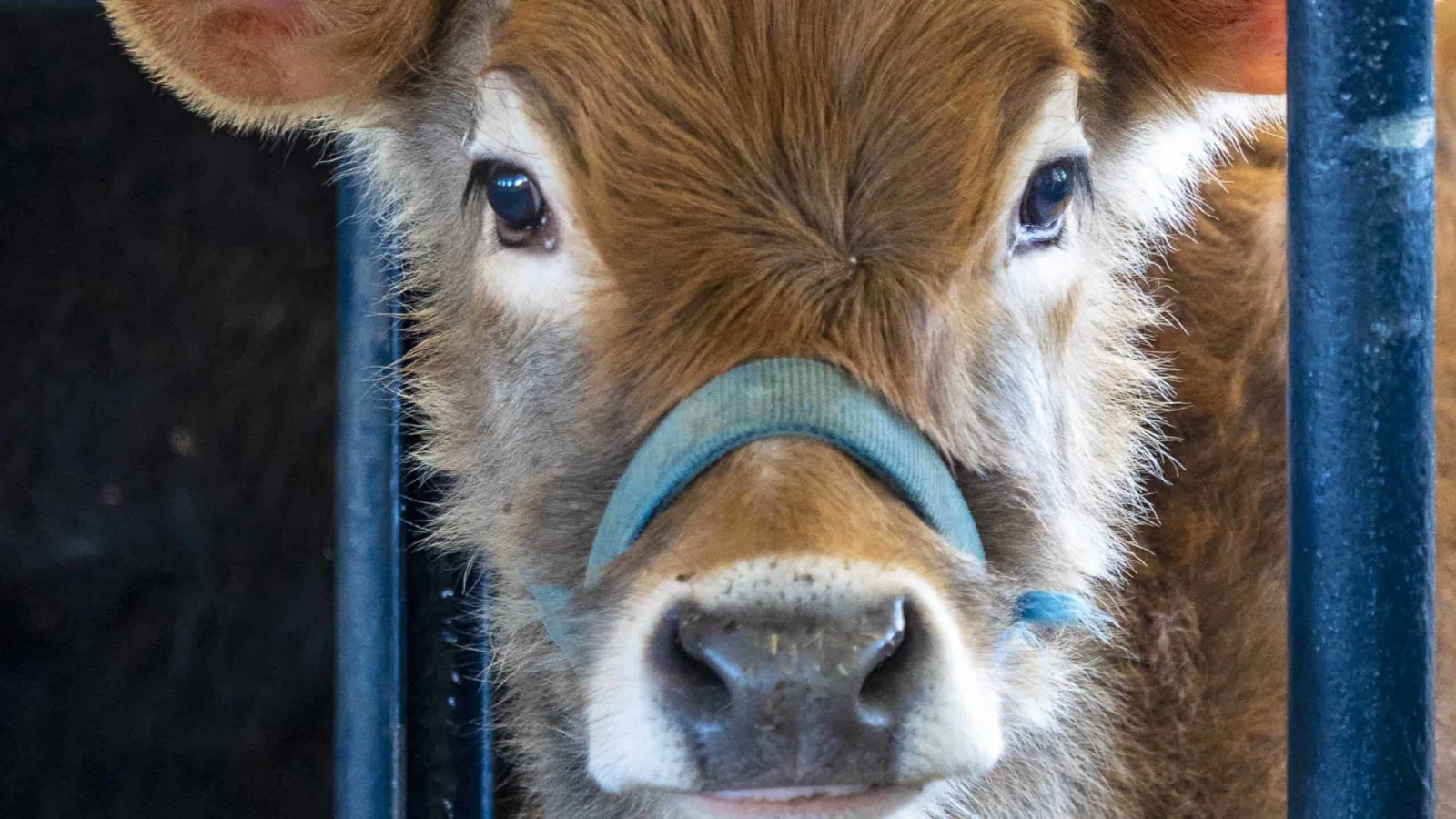They are awake in the dark, washing last week’s milk bottles. They are kneeling in the birthing pen, holding a newborn kid goat with hoofs still leathery as a puppy’s pads. They are setting out seedlings in trays and tuning up the 1940s tractor.
And they walk alone through the barnyard on early spring mornings when they can smell the thawed earth, with a fierce, possessive joy.
In the face of debt, climate and social pressure, young farmers are proving that small-scale farming in America is alive and fighting to stay that way.
Now a group of them have come together to say why.
Fifty young farmers explain how they have wound up in charge of piglets, recalcitrant basil plants and hungry CSA members, and why they will never give up, in “Greenhorns: 50 Dispatches from the New Farmers Movement,” a collection from Storey Publishing.
Severine von Tscharner Fleming, executive director of the Greenhorns farmers network, co-edited the book and welcomed its arrival in an event at Williams College with a film screening and grilled cheese sandwiches from Cricket Creek Farm in Williamstown.
Farmers spend a lot of time alone, working outside, she said. “Greenhorns” began as a film, and she made the film to build a community of young farmers across the country. Now she has 8,000 people on her mailing list and more following her blog, radio show and guides to farming jobs and land.
“Young farmers get passionate,” Fleming said.
And they practice convincing people that they love doing what they do.
“In a time of incredible fludity and mobility, yoking yourself to the seasons — it’s wonderful — but it’s an adjustment,” she said. “You wake up to that.”
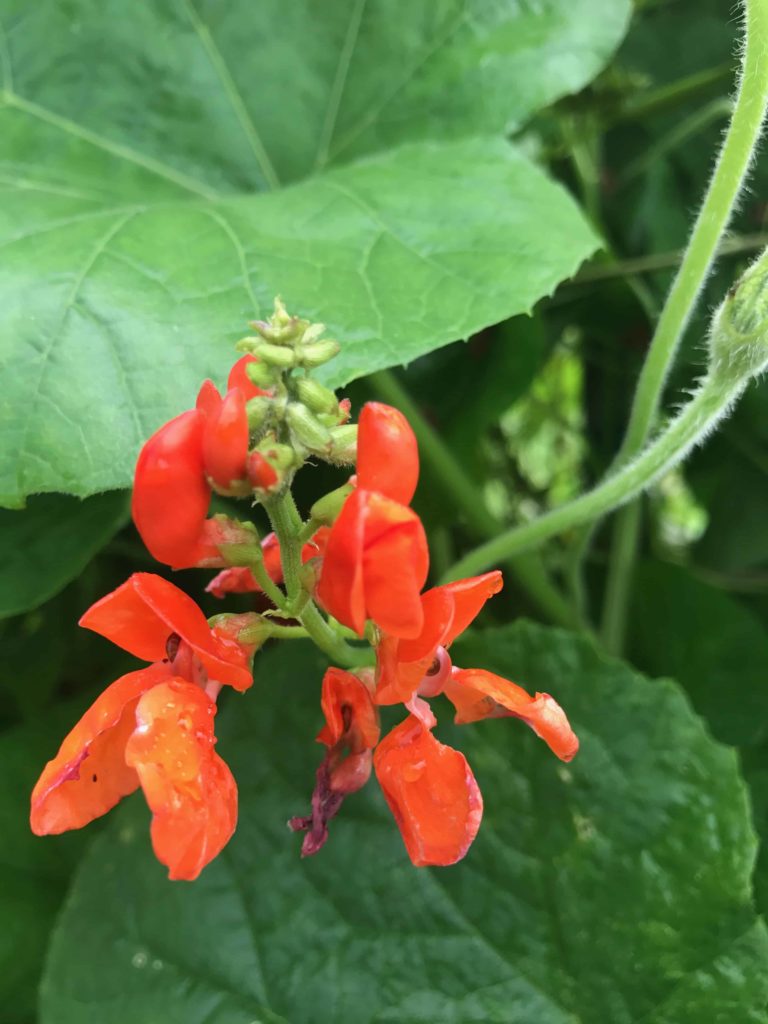
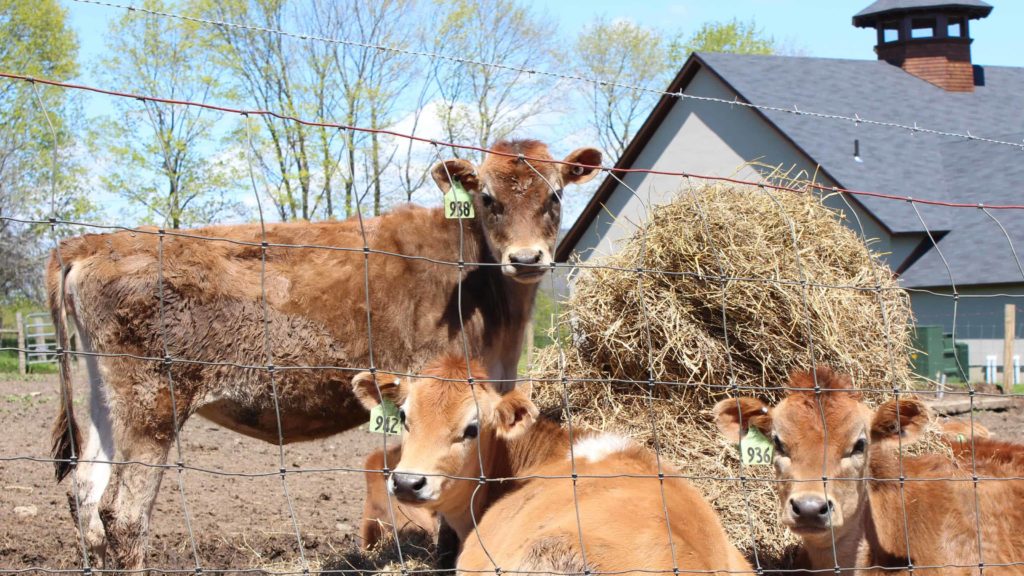
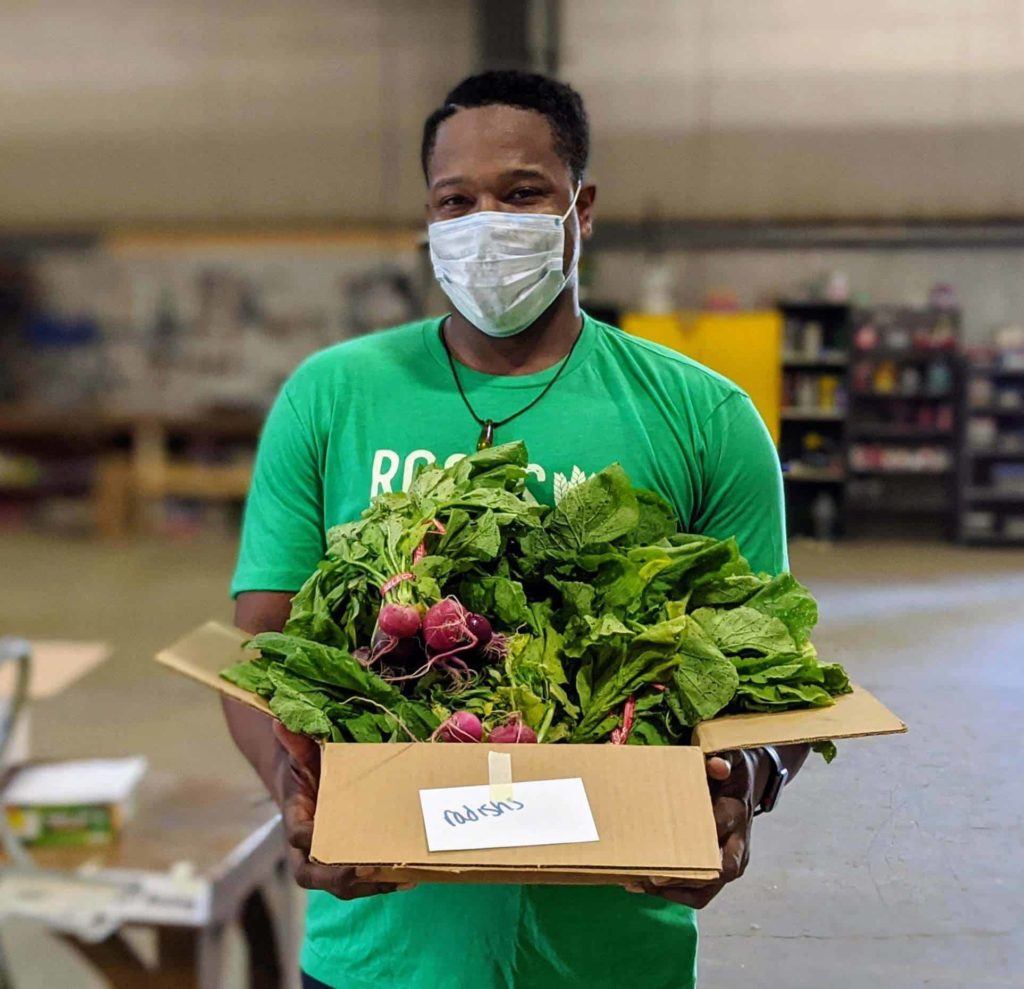
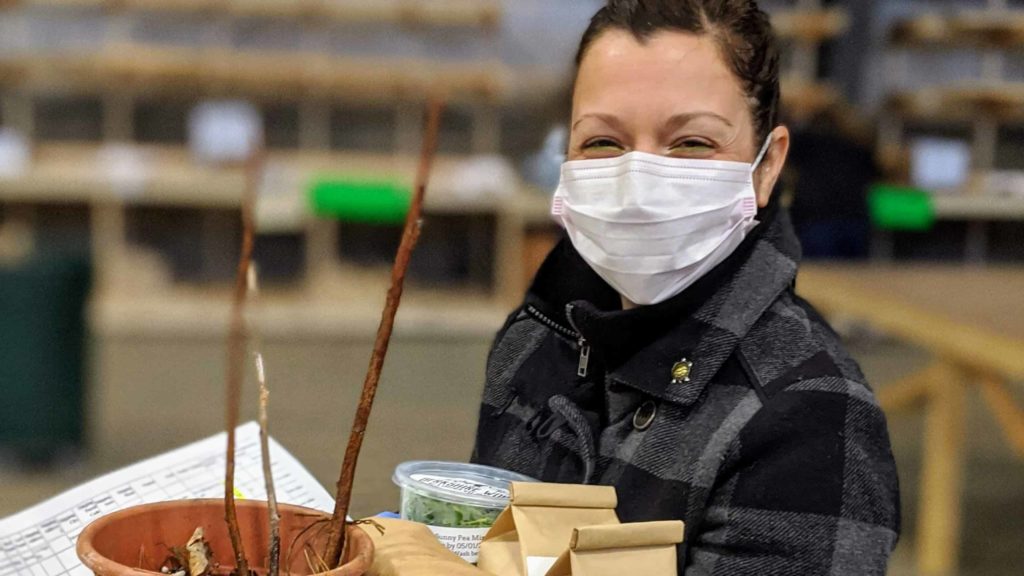
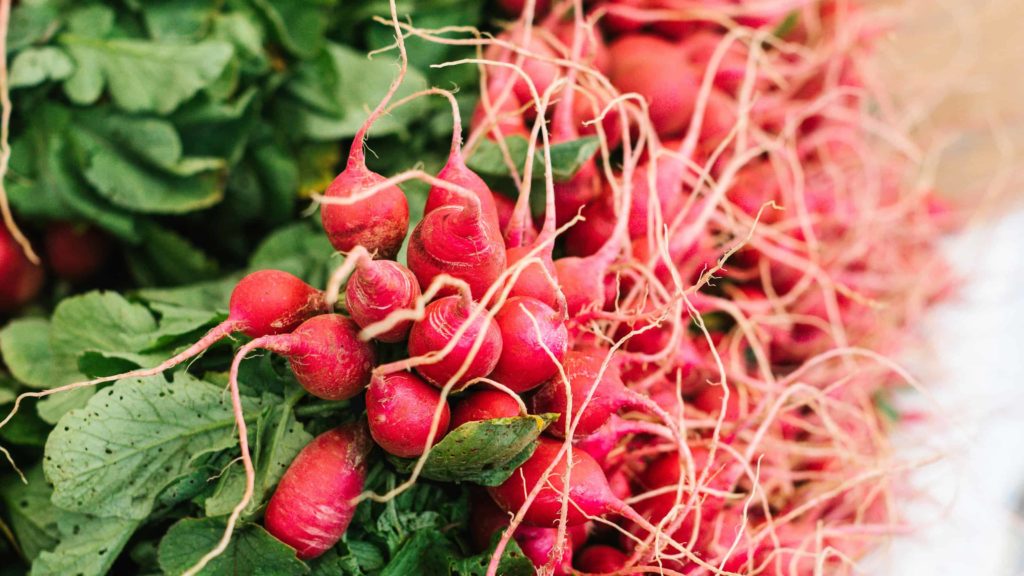
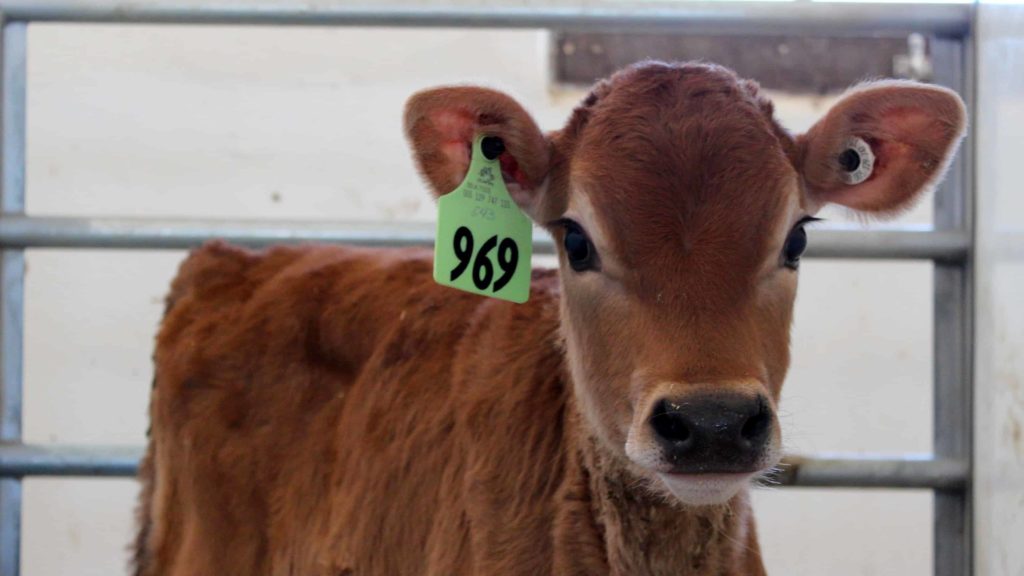

Fleming managed a 100-acre farm last season, with beef cattle, pork, chickens, rabbits, vegetables and fruit.
“To work for yourself, to work outdoors” brings wholeness, she said, beyond the physical rush and the flavor of the food.
“It feels really good — and you feel really good,” she said. “I was milking a cow last season, hoarding butter and freezing it. Every morning spending time with a cow … she’s relaxed, you’re relaxed, and you do it every day. It’s purposeful. It’s part of an order.”
She sees a growing movement toward farming on a small scale, among many people in their 30s, her age, and more in their 20s. Thousands of farmers committed to training interns, she said.
Brent Wasser, sustainable food and agriculture program manager at Williams College, also sees an interest in farming among the college students he works with.
The interest in farming now, he said, is both practical and idealogical. What in the1960s became counter-culture and a pursuit of self-sufficiency is now connected to larger concerns about the food system and sustainability. Students care about the social, economic and ecological aspects of farming. They are starting seeds, planting annual vegetables, and eagerly following the Clark Art Institute’s plans to put in a forest garden of perrennials, shrubs and fruit trees.
The Zilkha Center at Williams College also works with local farmers, with the long-term goal of increasing the college’s consumption of locally grown food.
Farmers are entrepreneurs, Wasser said, and need a financial model that will work. They need connections with customers. A farmer needs a market, and the market may be at a distance. Population centers are urban, and land near them is expensive. So Berkshire farmers may have to serve New York City.
But Fleming argues, and the Greenhorns book argues for her, that young farmers are farming, and they’re getting their farms to work. They are getting apprenticeships, learning the job, meeting business partners, falling in love, paying off student loans, creating business plans, establishing credit — and finding land they can afford.
“The book shows the successes and struggles in taking on the task of farming without the longterm practical knowledge of multi-generational farmers,” Wasser said. These young farmers are building “a different and new community of knowledge sharing.”
“Farming is a learning process,” he said, “and it’s different from one piece of land to another.”
The farmers in “Greenhorns” learn as they go, from mentors and friends and mistakes.
Wasser, who is writing a book on cheese making after an apprenticeship on a dairy farm, understands that determination and pleasure in learning.
“The process of cheese making is a major revelation,” he said.
A young professional who decides she wants to farm faces a shift in her life, Fleming said. And it’s not easy.
“In the beginning it’s very tender,” she said. “There’s a plunge. In the first season, you won’t get paid much. Then you take out a second mortgage, or there’s a hurricane … that initial ‘I’m just a green bud’ stage is very tender.”
In this season, buds form.
This story first ran in Berkshires Week in my time as editor of the weekly arts and community section in the Eagle, on March 22, 2012. The Zilkha Center continues to partner with local farms, though as of 2021 Brent Wasser has moved on.

